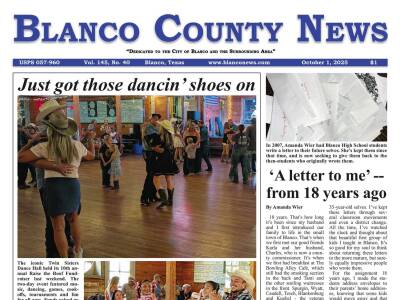Medications are part of the American way of life. Just watch a When my mission team arrived in the horrifically impoverished and ramshackle Internally Displaced Persons (IDP) camp on the outskirts of Abuja, Nigeria, we were first met by wave of energetic children who flocked to us, full of smiles and laughter, eager to meet the unexpected visitors.
Once their excitement settled, we were greeted by a leader from the camp who led us to the shanty of a wiry, bright-eyed, middle-aged woman who was wrapped in colorful, traditional garb, and was using a wooden mortar and pestle to grind a small pile of corn. I assumed she was their de facto spokesperson. The story she told me set in motion a movement that has so far positively impacted hundreds of IDP children.
To me, Ms. Hanatu’s impact was made more powerful because she is not as “foreign” as one might expect. English is the official language of Nigeria, and she speaks it clearly and articulately. Bright, engaging, well-groomed (considering her circumstances) and well educated, taken from her dismal surroundings, talking with her would be no different than running into a neighbor at the grocery store.
Before arriving at the IDP camp six years prior, Ms. Hanatu, a single mother with three young girls, had been the principal of a church school in far north Nigeria. Then Boko Haram, the radical Muslim group, came to town. “At first, they were just killing the men and boys,” she said. (Five men who were close to her were brutally hacked to death in her presence.) “But then when they found out that the women were taking food to the men who were hiding out in the mountains, they started raping and killing the women, too, so we decided to leave.”
Barefoot, in the dark of night, Ms. Hanatu and a few other women, along with their children, trekked through the wilderness, hiding from every light and sound. After considerable time, they crossed the border into Cameroon to a temporary encampment for refugees. But Boko Haram chased them there and attacked. A nursing mother who was sitting next to her was shot and killed. The government of Cameroon, to avoid trouble, herded them into cattle trailers and hauled them back to the border.
After more trekking, they made it to a larger camp. But upon hearing Boko Haram was on the way there, they fled. She found passage in vehicle headed to Abuja, more than 500 miles away.
Upon reaching the city, she marveled at the modern buildings and new roads, and thought “we’re going to be okay.” But when the vehicle turned down the dirt track to New Kuchingoro IDP Camp, and she saw the horrific conditions, her heart sank. She asked which shanty she and her girls could live in, and was met with laughter. She would have to scrounge materials and build it herself.
At the time she told me this story, that’s where they still lived, six years later. Disconnected from friends and relatives, with no running water or provision for food, employment, medical care, transportation, education for their children, or assistance of any kind. The government, shockingly sympathetic to Boko Haram, denies the camp exists, and has threatened to bulldoze it.
My host had stressed that we couldn’t stay long, as we were in harm’s way and taking a big risk even visiting this camp. Americans don’t get off the beaten path much in Nigeria today, for good reason. So when Ms. Hanatu finished her story, I knew I couldn’t stay much longer, so I told her, “I will do my best to tell your story. And if Americans and Christians around the world want to respond, what is it you need? How can we help you?”
Her response knocked me flat, and humbles me to this day. She didn’t complain. She didn’t ask for help fixing the long-broken water well. She didn’t ask for food, or medical care, or money.
What would most American’s ask for? First, not one of us could even imagine her conditions. But I do know, faced with hardships that are trivial by comparison, we beg and moan for free money from the government, free healthcare, free Obamaphones, student loan forgiveness, and all kinds of cockamamie “reparations,” entitlements, and “social justice” crap.
No, Ms. Hanatu asked for one thing: “Please, help us educate these children.”
Part 3 next week: Building the Arise Academies
Mike Arnold is an international entrepreneur and missionary who is proud to call Blanco his home. Contact him at [email protected].


